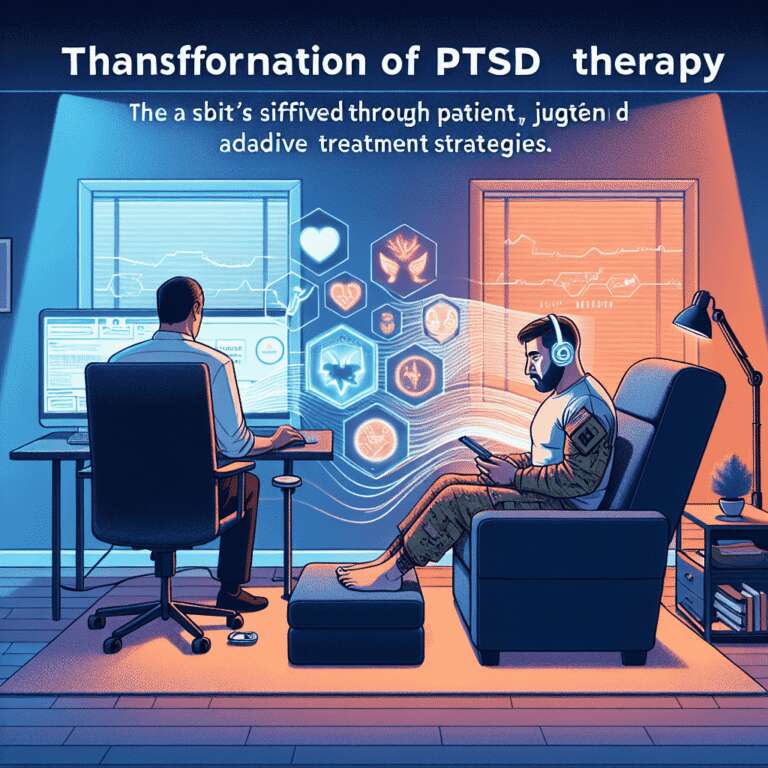Emerging innovations in artificial intelligence are poised to revolutionize the way post-traumatic stress disorder (PTSD) is diagnosed and treated among combat veterans. Dr. Niranjan Karnik, a Chicago-based medical expert, recently highlighted how artificial intelligence-based tools are being integrated into mental healthcare to enhance therapy for PTSD sufferers. By leveraging sophisticated algorithms, these tools can analyze vast amounts of patient data, recognize patterns, and assist clinicians in identifying early signs of PTSD, ultimately leading to more timely and targeted interventions.
Karnik explained that one major benefit of using artificial intelligence in PTSD treatment is its ability to personalize therapy plans. Through continuous monitoring and assessment, artificial intelligence platforms can tailor therapeutic strategies according to the unique needs and responses of each patient. This adaptability is especially valuable for veterans, whose trauma often manifests in complex, individualized ways. Moreover, artificial intelligence-powered platforms can facilitate remote mental health support, extending access to care for patients unable to participate in traditional in-person sessions due to geographic, mobility, or stigma-related barriers.
Despite the promise, Karnik noted potential challenges such as data privacy, algorithmic bias, and the importance of human oversight throughout the care process. He emphasized that artificial intelligence should support—not replace—the invaluable role of clinicians in PTSD therapy. By combining the computational power and insights of artificial intelligence with the empathy and expertise of human providers, the future of PTSD care may become more effective, accessible, and enduring for those who have served.

